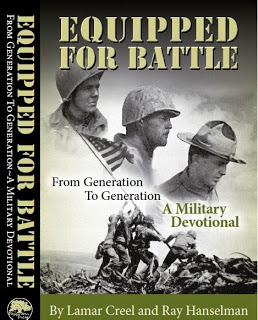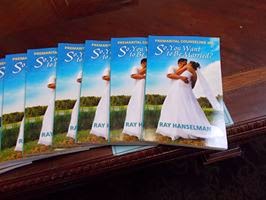The
writer of Hebrews shared how Moses and the children of Israel,
“passed through the Red sea as by dry land”,
however, “the Egyptians assaying to do were drowned”.
In chapter eleven and verse thirty of Hebrews the writer
shares how “by faith”
“the walls of Jericho fell down” where we read:
By faith
the walls of Jericho fell down, after they were compassed about seven
days.
The
verse begins, “By faith the walls of Jericho fell
down,...”. The writer began
with the words, “By faith”
which means “the conviction of the truth of anything and belief
with the predominate idea of trust (or confidence) whether in God or
in Christ which springs from trust in the same” “the
walls” or “the town walls or
walls around the city” “of Jericho”
which means “place of fragrance” and was “a noted city
abounding in balsam, honey, cyprus, myrobalanus, roses and other
fragrant products. It was near the north shore of the Dead Sea in the
tribe of Benjamin and between Jerusalem and the Jordan River” “fell
down” or “descended from an
upright to a prostrate position”. Jericho's walls “fell
down” because Joshua and the
people of God had “faith”
in Him.
The
verse goes on to say, “...after they were compassed about
seven days.”. The writer
continued with the words, “after they were compassed”
which means “came, lead, surrounded, encircled or stood around”
“about seven days” or
“upon, by, over and against it seven natural intervals between
sunrise and sunset as distinguished from and contrasted with the
night”. The children of Israel were to walk around the “walls of
Jericho” for seven days, and as they obeyed this directive from
God, the walls “fell down”.
When
we think through these words in Hebrews, we see how “faith”
was the key component to those who encircled the city of Jericho.
(See Joshua 6). The children of Israel who were allowed into the
“promise land” were told to circle the city of Jericho for six
days one time per day. After those six days, they were to encircle
the city seven times on the seventh day without knowing what would
happen next. As they obeyed in “faith”, “the walls of
Jericho” “fell down”. Even so Jesus Christ asks people to
“believe in Him”, and He promises they shall obtain “everlasting
life”. Though they cannot see the final result of their
obedience, just as sure as God had a plan for the “walls of
Jericho”, He has an “eternal” plan for those who put their
“faith” and trust in Jesus.
Next
time the writer shares how ”by
faith”
“the harlot Rahab perished
not”,
so read ahead, and we shall join together then.
Until tomorrow…there is more…
Look for the daily devotional book “Equipped for Battle – From Generation to Generation”, the marriage book “So, You Want to Be Married”, and the new devotional “One Year in the Sermon on the Mount” in all major bookstore sites, http://www.amazon.com ; http://www.barnesandnobles.com ; download to e-books, and find it locally at www.mrzlc.com/bookstore.
































